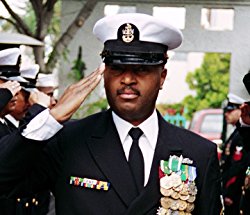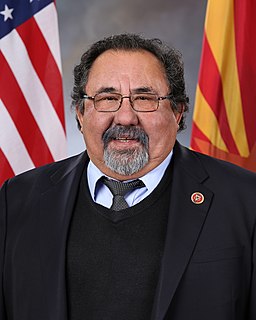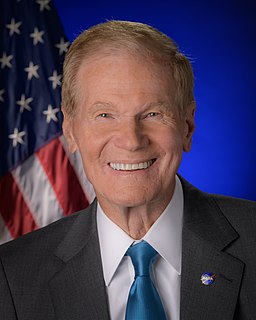A Quote by Patrick Cockburn
I don't think the whole of Iraq would be under al-Sadr, but I think he would be the predominant force on the Shia side. Quite contrary to his sort of maverick, firebrand image, he's shown a propensity to deal with the other side, to look for compromises, to negotiate. You might have a loose federation [in Iraq].
Related Quotes
And on this issue of the Shia in Iraq, I think there's been a certain amount of, frankly, Terry, a kind of pop sociology in America that, you know, somehow the Shia can't get along with the Sunni and the Shia in Iraq just want to establish some kind of Islamic fundamentalist regime. There's almost no evidence of that at all. Iraq's always been very secular.
Muqtada belongs to the most famous religious family in Iraq, which is the al-Sadr family. He's really the third in line. [Muqtada's father] drew his power from the first really important al-Sadr, Muhammad Baqir, who was executed by Saddam in 1980, together with his sister. So it's really a family of martyrs, and that's why Muqtada suddenly emerged from nowhere with the fall of Saddam.
In my head, thought, I would love to do an interview where it's just sort of de-constructed - the talking points of Iraq - sort of the idea of, is this really the conversation we're having about this war? That if we don't defeat Al Qaeda in Iraq, they'll follow us home? That to support the troops means not to question that the surge could work. That, what we're really seeing in Iraq is not a terrible war, but in fact, just the media's portrayal of it.
There has been a good deal of comment — some of it quite outlandish — about what our postwar requirements might be in Iraq. Some of the higher end predictions we have been hearing recently, such as the notion that it will take several hundred thousand U.S. troops to provide stability in post- Iraq, are wildly off the mark. It is hard to conceive that it would take more forces to provide stability in post-Saddam Iraq than it would take to conduct the war itself and to secure the surrender of Saddam's security forces and his army — hard to imagine.
I don't think he fully analyzes the situation. If you destabilize [Bashar] Assad and punish Assad, you do embolden terrorists. You embolden al-Qaida because al-Qaida is on the other side of this war. So, one side wins if you destabilize the other side. So, he will be emboldening al-Qaida and the Islamic rebels. And I'm not so sure they're better than Assad.
Certainly there’s a connection between Iraq and Al Qaeda. It doesn’t surprise me at all that they would be talking to Al Qaeda, that there would be some Al Qaeda there or that Saddam Hussein might even be, you know, discussing gee, I wonder since I don’t have any scuds and since the Americans are coming at me, I wonder if I could take advantage of Al Qaeda? How would I do it? Is it worth the risk? What could they do for me?
The Iranians are Moslems and the Iraqi are Moslems. Both are certain that there is no God but Allah and that Mohammed is his prophet and believe it with all their hearts. And yet, at the moment, Iraq doesn't trust Iran worth a damn, and Iran trusts Iraq even less than that. In fact, Iran is convinced that Iraq is in the pay of the Great Satan (that's God-fearing America, in case you've forgotten) and Iraq counters with the accusation that it is Iran who is in the pay of the Great Satan. Neither side is accusing the Godless Soviets of anything, which is a puzzle






























